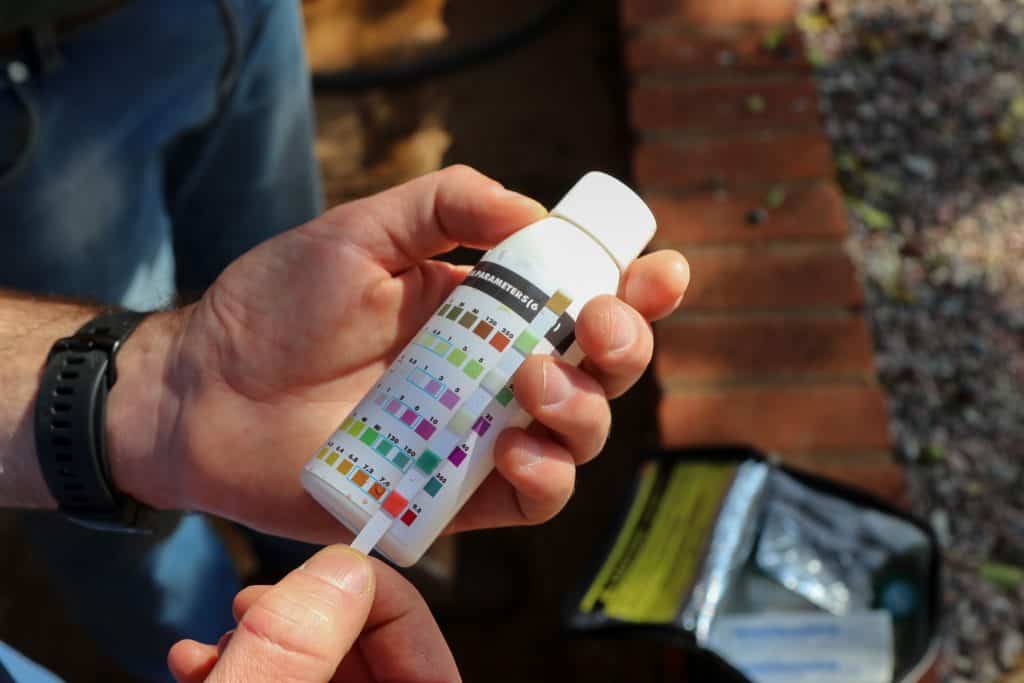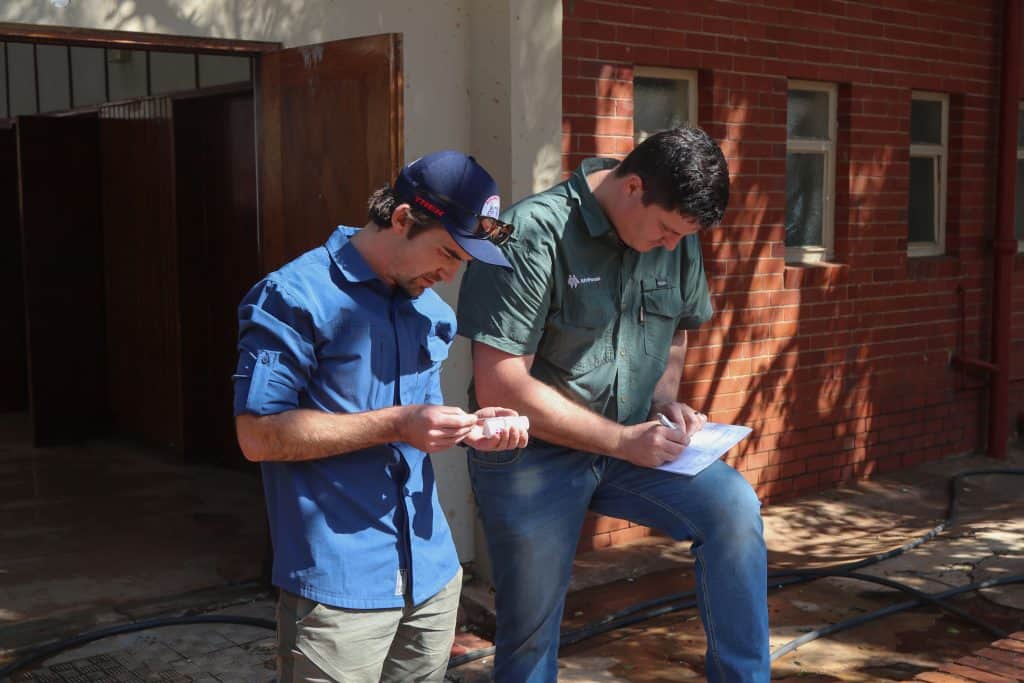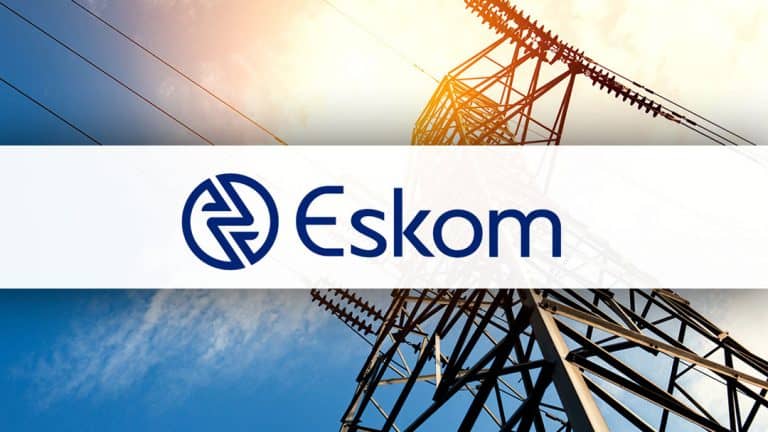AfriForum launches nationwide #CleanWater project
AfriForum launched the organisation’s tenth annual #CleanWater project in Bela-Bela on 26 July by testing a sample of municipal drinking water at the Laerskool Warmbad residence and a sample of treated sewage at the town’s wastewater treatment works. The #Cleanwater project mobilizes active AfriForum branches across the country to test drinking and sewage water quality during August.
“The cholera outbreak earlier this year has put the spotlight on the government’s failure to act effectively to tackle the extremely poor state of South Africa’s natural water resources and the decay of water infrastructure across the country. Because millions of liters of raw sewage are discharged into rivers due to the poor condition and insufficient capacity of wastewater treatment works, ideal conditions are created for the spread of water-borne diseases such as cholera. The very rivers into which raw sewage is discharged are the source of drinking water for millions of people nationwide, but because drinking water systems are also in a poor to critical state, the health of South Africans is seriously threatened,” warns Marais de Vaal, AfriForum’s advisor for Environmental Affairs.
These are facts indicated by the publication of the Department of Water and Sanitation’s own interim 2023 Blue and Green Drop reports. A total of 51% of drinking water systems achieved a poor or bad microbiological water quality status; 71% failed to achieve chemical compliance; and 334 municipal wastewater treatment works were declared to be in critical condition in 2022. “We can no longer rely on the government to provide safe water and therefore we test the water quality ourselves,” adds Lambert de Klerk, manager for Environmental Affairs at AfriForum.
With this #Cleanwater project, AfriForum, as a civil rights watchdog, will once again fulfil an important monitoring function in 2023 by ensuring that the quality of almost 150 towns’ drinking and sewage water is tested. The results of these tests will be made public. “If our tests indicate that the prescribed standards are not met, AfriForum will ensure that communities are immediately notified of any dangers and urge the relevant municipality to resolve the problems as soon as possible,” says De Vaal.













